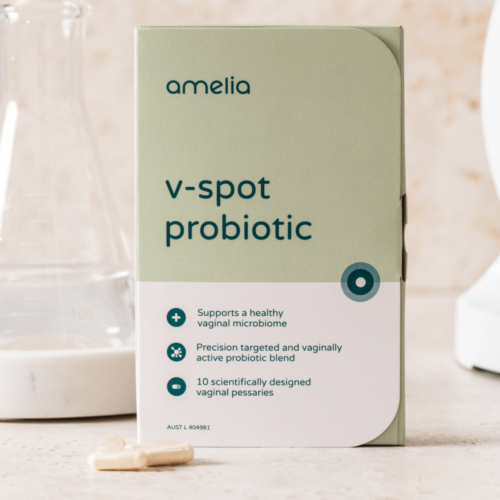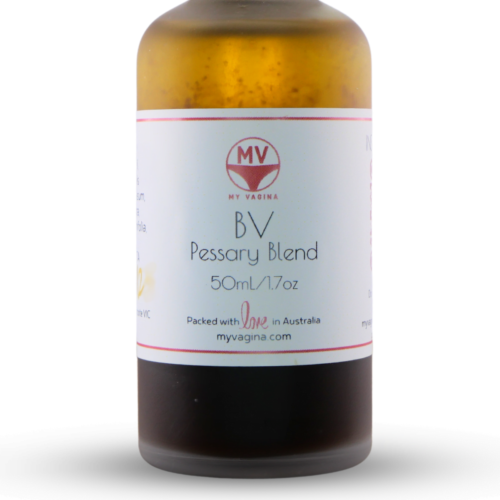Yeast is a very simple organism that ferments sugars for use as energy. Byproducts of this fermentation process include alcohols and aldehydes, which your body must use its resources to degrade.
Our own bodies produce aldehydes and alcohols as part of neurotransmitter detoxification, however, the extra amount produced by a Candida overgrowth can cause problems.
Catecholamines – dopamine, epinephrine, norepinephrine – are converted into aldehydes and alcohols on their way out of the body (neurotransmitter detoxification), while Candida is producing more of the same, overloading our detoxification pathways. If you have certain genetic variations, these pathways are already impacted.
If we are overmethylating, we will be creating a lot of catecholamines, which need to be detoxed. Add that to Candida’s contributions and we quickly find an abundance of alcohol and aldehydes surfing around the body causing trouble, instead of quickly being broken down and safely escorted out of the body.
What’s NAD got to do with it?
As part of the fermentation process of sugar, Candida also produces a nutrient our body needs, nicotinamide adenine dinucleotide (NAD) – it’s no wonder we sometimes keep it hanging around.
NAD is very important when we’re under stress, as it facilitates hundreds of reactions in the body. We know that some chronic infections are actually ‘giving back’ to the body and thus our immune system gives it a free pass. Think of the healthy lactobacilli species we want in the vagina – not all bugs are problems, and not all bugs are always problems.
Candida offers NAD, but it’s not a fair trade. When Candida overgrows, it interferes with the NAD-related catecholamine (neurotransmitter) detoxification pathways, which are related to the MTHFR genetic variations.
Candida blocks glutathione and methionine synthase pathways, and depletes us of NAD, while also providing us with NAD. Convuluted much? The MTHFR variations mean that with Candida overgrowth, these pathways are interrupted even further.
Tryptophan steal
When NAD levels drop, the body uses tryptophan to make more NAD, instead of making serotonin and melatonin – also known as tryptophan steal. It is therefore possible to say that Candida overgrowth may contribute to depression, which in some people is a lack of serotonin in the brain.
Stress hormones (catecholamines) turn into alcohol in the brain, which is worsened if they are not detoxified quickly enough. Suffering stress may make you feel a little drunk because of this, and neurons may be damaged due to this process.
Our enzyme friends
Three enzymes – aldehyde reductase (ALR), aldehyde dehydrogenase (ALDH) and alcohol dehydrogenase (ADH) help remove excess stress chemicals from the brain, such as dopamine, norepinephrine and epinephrine.
When there are a lot of yeasts to deal with, these detoxification enzymes work on the alcohol and aldehydes from the digestive tract (from the yeast), instead of the stress chemicals from the brain, muscles and liver. This situation leads to an abundance of catecholamines in the body and brain, with related symptoms such as anxiety, insomnia, pain, brain fog, memory problems and depression.
Don’t forget your old friend histamine!
Histamine is also detoxified via the aldehyde system, like dopamine and adrenalin. Histamine is a neurotransmitter too.
Any issue in breaking down dopamine, or an overgrowth of Candida, automatically results in an excess of histamine. An excess of histamine, often called histamine intolerance, can cause allergy symptoms/reactivity, anxiety, and wreak havoc on the vagina and urinary tract microbiomes/tissue, and a lot more uncomfortable impacts.
We suggest getting specialised practitioner support for MTHFR and related genetic health issues.
Specially formulated probiotic for vaginal application to promote a healthy vaginal microbiome.
Unique, comprehensive BV, AV and 'mystery bad vag' treatment guide, one-of-a-kind system, with effective, innovative treatments.





